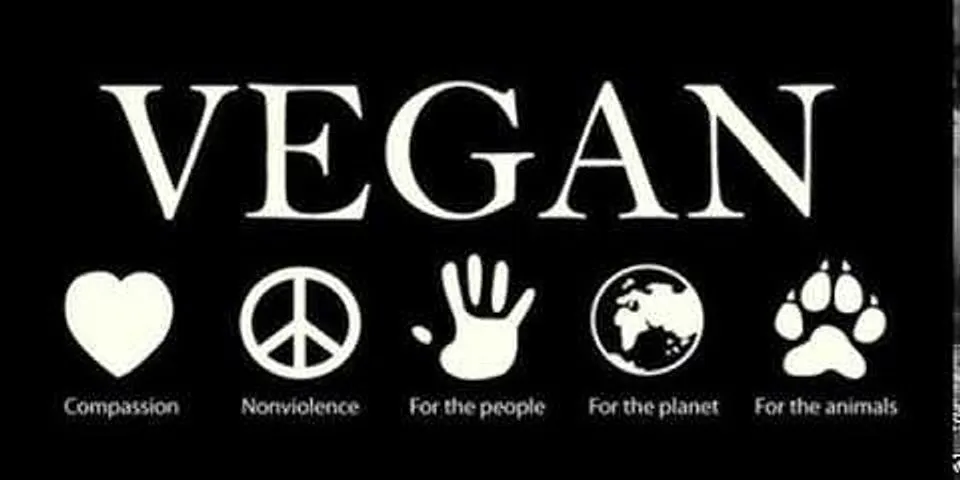History shows that groupthink kills innovation and can lead to poor decisions and undesirable outcomes. Show A tragic example is the 1986 Space Shuttle Challenger explosion, a disaster later attributed to a failure of decision-making caused by groupthink. As the Challenger disaster shows, even teams comprised of the most talented individuals can fall victim to this particular organisational sin. Among the reasons why are “an over-reliance on hierarchy, an instinct to prevent dissent, and a desire to preserve harmony,” according to an article by Torben Emmerling and Duncan Rooders in the Harvard Business Review. Teams that have diverse members with differing perspectives, experiences and styles have long been deployed to keep groupthink at bay. However, diversity doesn’t achieve anything if a team’s members don’t feel comfortable to speak out honestly. Enter the devil’s advocate – someone whose specific role is to offer an alternate view in a discussion. The theory is that airing opposing points of view can help a team identify critical information, plug gaps and prepare for all eventualities. In the past, the devil’s advocate – advocatus diaboli in Latin – was an office appointed within the Catholic Church to oppose a person’s beatification or canonisation to reveal character flaws or unfavourable deeds that may disqualify them from sainthood. It’s a role that is often misunderstood. An effective devil’s advocate does not provoke argument for argument’s sake. “Where a devil’s advocate is not helpful is where someone isn’t being upfront about [their position], and they’re just throwing in a few bombs because they want to cause problems,” says leadership expert Margie Ireland, author of The Happy Healthy Leader. “When there’s no real point to it, that’s where it’s not helpful." Managing healthy conflict“A well-functioning team is able to challenge ideas, challenge new thinking, knowing that their idea might not be accepted, but that it’s okay to raise it,” says Ireland. In any discussion involving conflicting viewpoints, it’s important to emphasise that “to disagree with someone is not the same as to dislike them,” says Bethan Winn, a critical thinking expert based in Perth, Australia. Explicitly state at the beginning of a meeting that diverse opinions are welcome and valued. “Say, ‘it’s okay if we disagree – it’s not personal,’” Winn suggests. “Encourage people not to attach their ego to their ideas, so if someone challenges you on an idea or a decision, not to take that personally. It requires a certain amount of maturity to do that.” "You need to be aware of where people are coming from, and if you’re going to throw in a curve ball, to time it well and read the room. To come up with an alternative viewpoint, you need to be able to step back, look at it from a different perspective, or put yourself in someone else’s shoes."— Bethan Winn, critical thinking expert Establishing clear boundaries before a discussion facilitates open and honest debate and sets the scene for healthy conflict. “Sometimes a conversation needs to be uncomfortable, and people need to challenge each other in order to get the best outcome,” Winn says. An organisation with a culture that encourages healthy conflict is more likely to outperform organisations with “a culture of comfort,” she says. An organisation will quickly become “stale if everybody just agrees all the time.” A devilish skill setOne way to take the heat out of a debate is to designate a devil’s advocate – or two – within the team. In their article, Emmerling and Rooders label these individuals “strategic dissenters” whose job is to act as a “counterforce to the group’s consensus” to improve decision-making. “For larger groups with seven or more members, appoint at least two devil’s advocates to be sure that a sole strategic dissenter isn’t isolated by the rest of the group as a disruptive troublemaker,” they write. To carry out this challenging role effectively, a devil’s advocate needs strong listening skills and a firm sense of empathy, says Winn. “You need to be aware of where people are coming from, and if you’re going to throw in a curve ball, to time it well and read the room.” A creative mind and flexibility of thought are also assets. “To come up with an alternative viewpoint, you need to be able to step back, look at it from a different perspective, or put yourself in someone else’s shoes,” says Winn, who suggests allocating team members different characters to play to help stimulate debate. “You deliberately ask people to approach a situation from a particular angle – I want you to be optimistic. I want you to be pessimistic. I want you to come up with an alternative,” she says, invoking the late Edward De Bono’s influential book, Six Thinking Hats. Assuming a persona can enable introverts otherwise unwilling to offer up conflicting views to contribute to the team discussion. “It makes it less personal,” says Winn. A devil’s advocate can help a team operate more efficiently. When people don’t feel comfortable offering critical feedback, progress slows, says Ireland. “People don’t follow things through... because they're too frightened or they don't feel safe to say, ‘I think this is a bad idea,’” she says. In an environment where all views are welcome – even those that go against the status quo – people feel heard and valued, which creates a sense of shared accountability, says Ireland. “It gets results faster.” What is the role of the devil's advocate quizlet?playing the role of devil's advocate, defends unpopular or opposing alternatives for the sake of argument.
What is the devils advocate approach?This approach involves asking suspects an 'opinion-eliciting' question for arguments that support their opinions followed by a 'devil's advocate' question to elicit opposing arguments.
What is the role of a devil's advocate Mcq?Devil's advocate- one who argues against something just for the sake of arguing, without actually being committed to the views.
|















